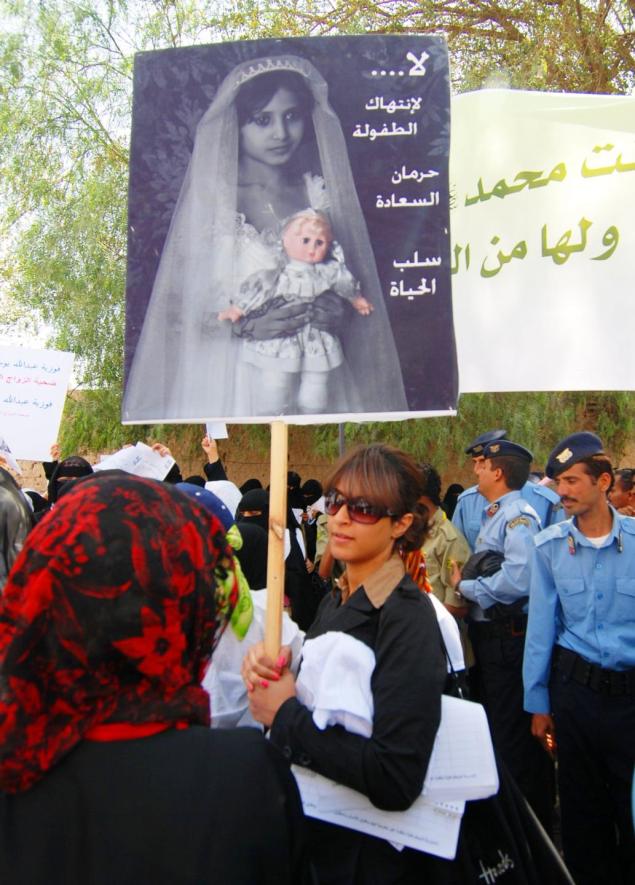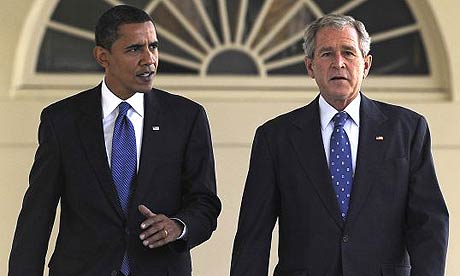
Millionaire venture capitalist Wang Gongquan was scheduled to speak Saturday at a cafe that doubles as an incubator for Internet start-ups on the subject of “civic spirit and entrepreneur’s duty.”
But on Friday police apprehended Wang in what appears to be a move to silence a successful businessman known for speaking out on social and political issues.
The detainment is the latest in a string of arrests and detentions in a campaign to control speech on the Internet, with a special focus on celebrity, liberal-minded commentators whose postings are read by millions of followers.
This week, the government set out new rules to jail Internet users for spreading “online rumors.” Since August the campaign has detained hundreds of Internet users for days, and shuttered more than 100 “illegal” news websites run by citizen journalists, reported Human Rights Watch.
The arrest comes as China’s coastal city of Dalian hosts the “Summer Davos,” an annual spin-off of the Swiss winter conference where Communist Party leaders and Chinese and foreign business people discuss the ever-important Chinese economy.
Wang’s plight was a reminder that China’s embrace of capitalism and rise to global economic eminence has not softened the party’s intolerance of domestic dissent nor eased its suspicions about civil society.
Wang, 52, is a prominent and outspoken businessman who has a wide following on social media networks in China. He disagreed with fellow businessmen who said it was unwise for entrepreneurs to get involved in politics, saying it was their duty to speak up.
He was taken by police from his Beijing home, according to family friends including Teng Biao, a legal activist. The summons document, posted by friends online, says he is suspected of “assembling a crowd to disrupt order in a public place”.
The charge is the same used in July to detain and formally arrest Xu Zhiyong, an activist friend of Wang whom Wang has campaigned to release. Xu co-founded the New Citizens’ Movement in 2011, an informal group that has lobbied for equal rights to education and for officials to disclose their personal assets to support the government’s fight against corruption.
Dozens of activists linked to the movement have been detained in recent months.
“Wang was targeted as part of the crackdown on the New Citizens’ Movement. You can’t organize something like the New Citizens’ Movement in China, no matter how moderate it is,” said Nicholas Bequelin, a senior researcher for Human Rights Watch, based in Hong Kong.
Chinese police “want to pull apart the New Citizens’ Movement, to understand how it works and prevent the future emergence of similar platforms,” he said.
Under Communist Party leader Xi Jinping, the new leadership is engaged in a comprehensive and far-reaching effort to strengthen the party and party rule, including lowering the threshold of tolerated dissent, Bequelin said.
“These measures will have a chilling effect in the short term, both in the real and virtual world,” he said. “But the only way to reduce social tensions is to have a credible, trusted legal system.
“The gap between state discourse and public opinion has never been as wide as it is today, it’s a complete disconnect,” Bequelin said.





